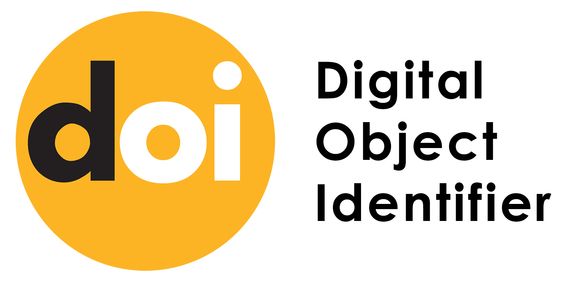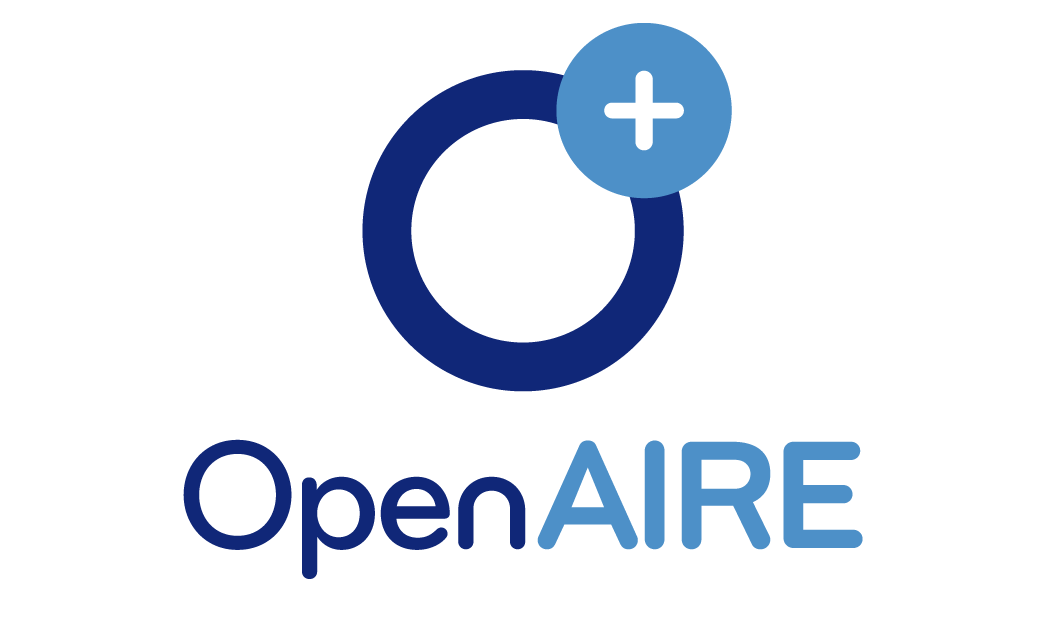THEME: DIFFERENT APPROACHES TO THE NOTION "DISCOURSE”
Keywords:
discourse, communication, social interaction, linguistics, sociology, philosophyAbstract
The idea of discourse is examined in this research study from a variety of academic angles, including linguistics, sociology, and philosophy. The research strives to offer a thorough knowledge of discourse's nature, roles, and implications in communication and social interaction by comparing and contrasting various approaches to discourse. The study's findings help us comprehend speech and its importance in a variety of circumstances.
References
Fairclough, N. (1992). Discourse and social change. Cambridge: Polity Press.
Foucault, M. (1972). The Archaeology of Knowledge. New York: Pantheon Books.
Gee, J. P. (2005). An introduction to discourse analysis: Theory and method. London: Routledge.
Goffman, E. (1981). Forms of talk. Philadelphia: University of Pennsylvania Press.
Halliday, M. A. K., & Hasan, R. (1985). Language, context, and text: Aspects of language in a social-semiotic perspective. Oxford: Oxford University Press.
Van Dijk, T. A. (1997). Discourse as structure and process. Discourse & Society, 8(1), 15-32.
Wodak, R., & Meyer, M. (Eds.). (2009). Methods of critical discourse analysis (2nd ed.). London: Sage Publications.
Yбсez-Bouza, N. (2013). Corpus linguistics and discourse analysis: A multidisciplinary approach. Amsterdam: John Benjamins Publishing Company.
Zizek, S. (2008). How to read Lacan. London: Granta Books.








